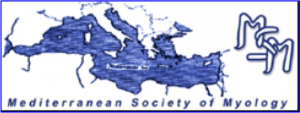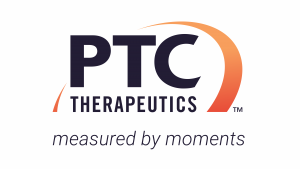Different complications of hemostasis have been reported in patients with Duchenne Muscular Dystrophy (DMD). These comprise an increased rate of bleeding-symptoms during scoliosis surgery but also thromboembolic complications such as pulmonary embolism, cerebral infarction, deep vein thrombosis or cardiac thrombus.
For this cross-sectional study, personalized online survey-links were forwarded to 682 registered patients with a genetically confirmed diagnosis of DMD via the German-Austrian DMD patient registry (www.dmd-register.de). The questionnaire enquired data regarding the degree of mobility, disposition to hematoma, epistaxis and gum bleeding, occurrence of peri- and postsurgical hemorrhage, stroke, deep vein thrombosis, and cardiac thromboembolism. Further data on regular medication and age were recorded.
Three-hundred-fifty-one DMD-patients completed the questionnaire (response rate of 51.5%). Of those, 164 (46.7%) were ambulatory and 187 (53.3%) were non-ambulatory. Age distribution was homogeneous. Two participants had a history of thromboembolic events (0.6%). Correlations analysis revealed no coherence with the degree of mobility, age or regular medication. A bleeding tendency was reported by 76 participants (21.7%). No significant correlations with age or degree of mobility were found. We found no association with underlying genetic variants.
Results of this patient registry-based survey do not indicate a distinct DMD-specific risk for thromboembolic events that exceeds the risk by typical comorbidities of chronic immobility and cardiac insufficiency in advanced stages of the disease. The results of this survey suggest a mild bleeding tendency in this DMD cohort, whereas a selection bias cannot be excluded.






